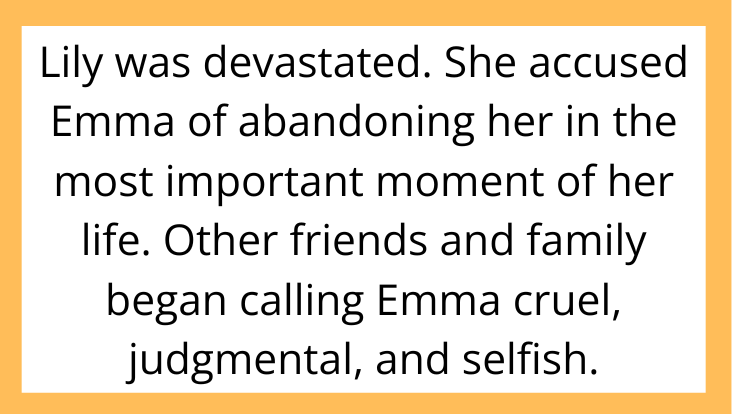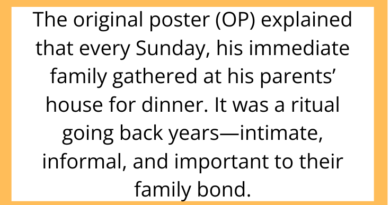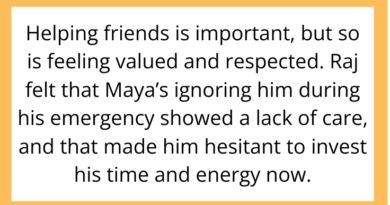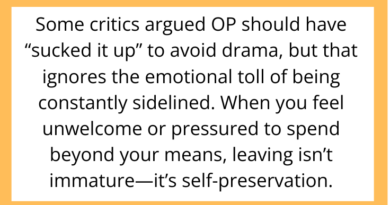AITAH for Telling My Best Friend I’m Not Going to Be Her Maid of Honor Because I Don’t Support Her Marriage?
When loyalty to a friend clashes with your own principles, it can lead to an impossible choice. Today’s AITAH story dives deep into a friendship on the verge of collapse—all because one woman couldn’t pretend to celebrate something she didn’t believe in.
Let’s explore who’s really in the wrong.
The Situation: A Wedding Invitation Turned Ultimatum

The original poster, whom we’ll call Emma, is a 28-year-old woman who has been best friends with Lily, 29, since high school. Over the past decade, they’ve shared everything—late-night calls, college road trips, and countless milestones.
But when Lily announced her engagement to her boyfriend, Mark, Emma felt dread rather than excitement. In Emma’s view, Mark is controlling, dismissive, and even borderline emotionally abusive. She’s watched Lily shrink into a version of herself that seems anxious and withdrawn.
Still, Emma tried to be supportive in small ways—until Lily asked her to be the maid of honor.
The Refusal: Setting a Boundary
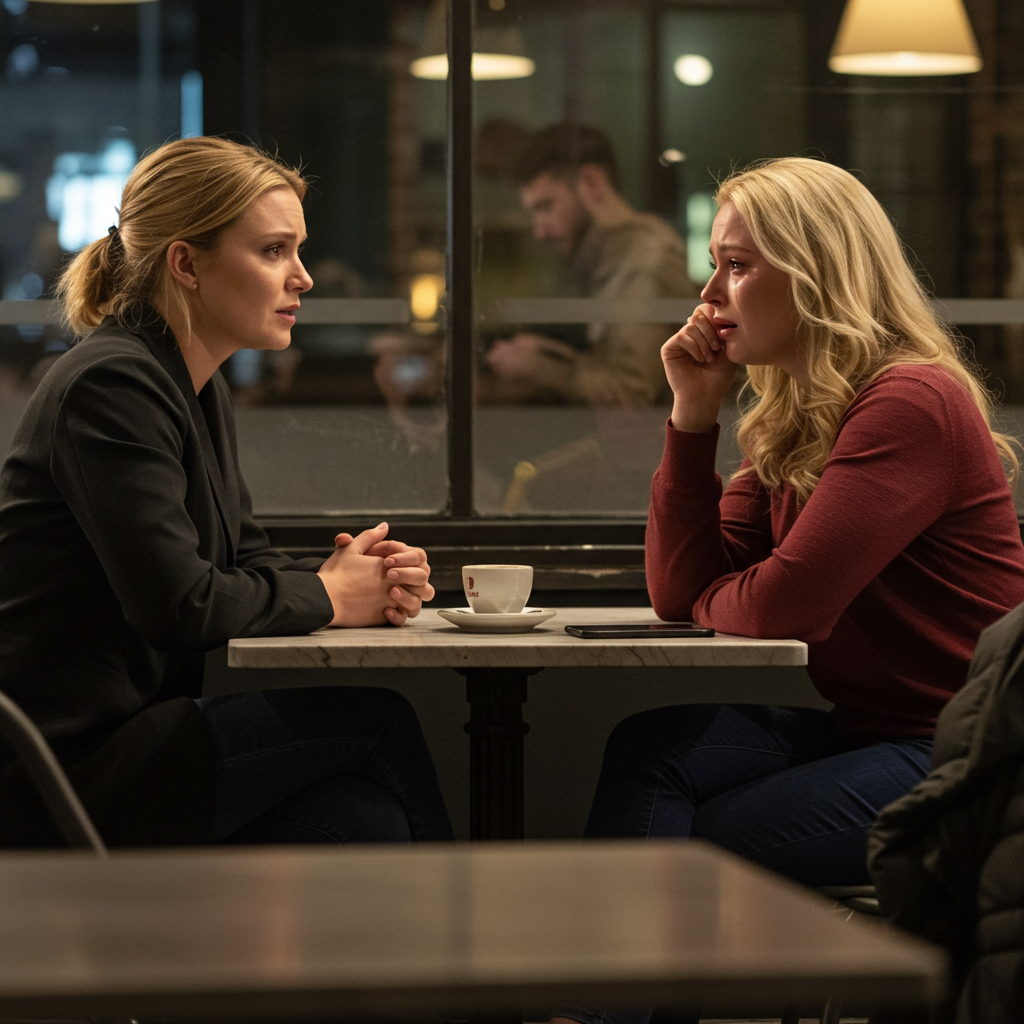
Emma was torn. She knew being maid of honor meant planning a bachelorette party, standing beside Lily at the altar, and publicly endorsing a relationship she believed was toxic. After days of anxiety, she sat Lily down and explained:
“I love you, but I can’t stand up there and pretend to be happy about this. I’m worried about you, and I don’t feel comfortable playing that role.”
Lily was devastated. She accused Emma of abandoning her in the most important moment of her life. Other friends and family began calling Emma cruel, judgmental, and selfish.
Feeling overwhelmed, Emma turned to Reddit’s r/AITAH community: Was she really the villain for drawing the line?
Supporters Speak Out: You’re Not Obligated to Endorse a Bad Relationship

The top comments were overwhelmingly supportive of Emma. Many pointed out that standing in a wedding is an act of endorsement. If she feels Mark is unhealthy for Lily, it’s better to be honest—especially before the vows are exchanged.
One user wrote:
“Sometimes loving someone means telling them the hard truth, not playing along.”
Others applauded Emma for refusing to enable what she sees as an unhealthy dynamic. They argued that if more people spoke up when they saw red flags, fewer people would end up trapped in bad marriages.
Critics Respond: Timing and Delivery Matter
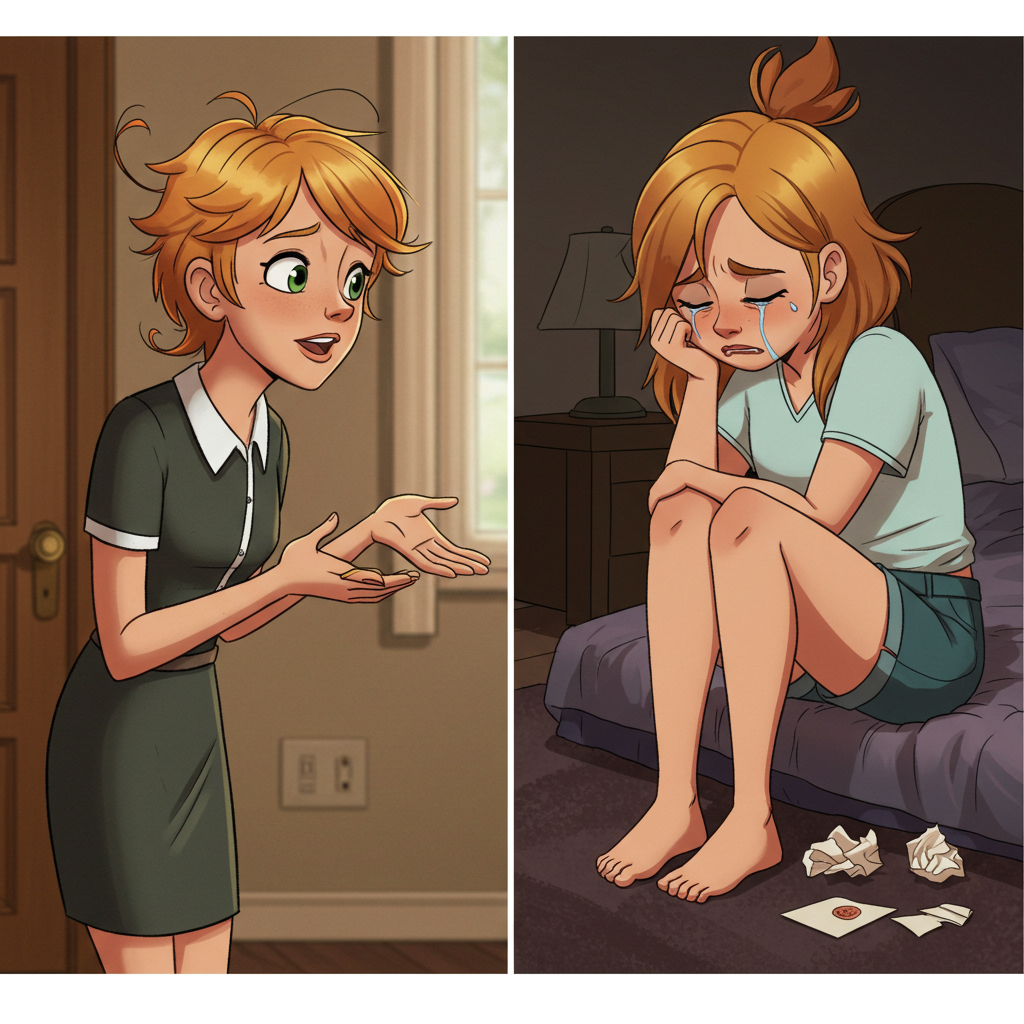
Not everyone agreed with Emma’s approach. Some commenters believed that her refusal, while understandable, could have been handled more sensitively or at a different time.
A few suggested she could have accepted the role while continuing to offer support privately, or at least waited until after the wedding to express her concerns. As one person put it:
“There’s a difference between disagreeing with a choice and humiliating someone when they’re vulnerable.”
When Principles Collide With Relationships

Emma’s story highlights an uncomfortable truth: sometimes, you have to choose between staying true to your values and maintaining a relationship. Neither path is easy.
While many people see weddings as purely celebratory, for others, they represent a public endorsement of a union. For Emma, pretending to be thrilled felt like a betrayal of both herself and her friend.
Navigating Tough Conversations With Loved Ones

If you ever find yourself in a similar situation, consider these tips:
-
Speak from concern, not judgment. Use “I” statements instead of “you” accusations.
-
Be prepared for hurt feelings. Even gentle honesty can sting.
-
Offer support in other ways. You can decline the role while still showing you care.
-
Reflect on your motives. Are you acting out of love, or trying to control your friend’s choices?
The Takeaway: Sometimes There Is No Perfect Answer

Whether you side with Emma or Lily, this AITAH scenario shows that love and loyalty are rarely simple. Setting boundaries doesn’t make you heartless—it means you’re honoring your own integrity. But it can also cost you relationships that matter.
